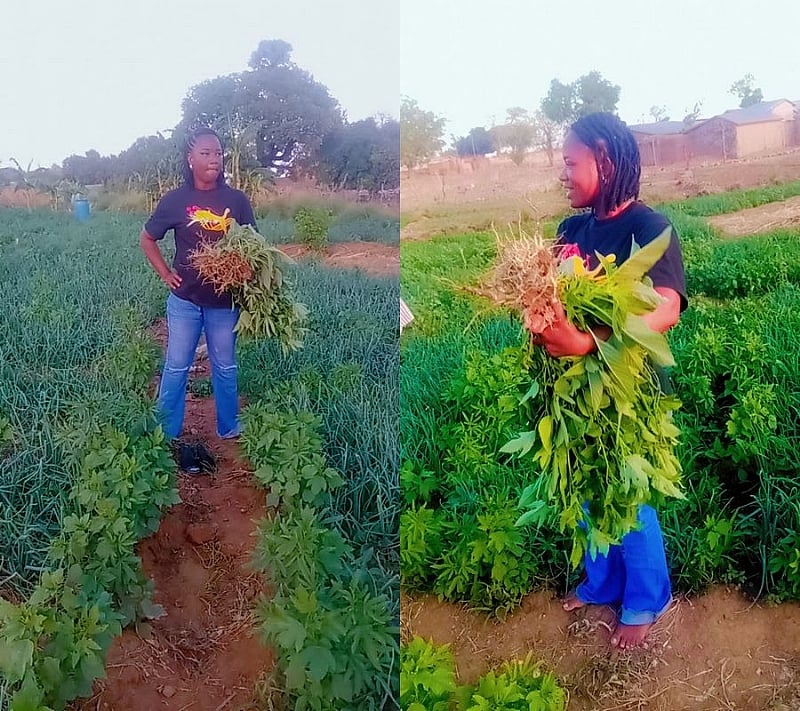Madam Baan Felicia Atampoka, a multifaceted individual serving as the President of Greenfaith Ghana, Bolga Circle, an irrigation farm owner, and a teacher, champions the transformative potential of dry-season farming. She passionately advocates for its widespread adoption by the youth, women, and the general public, emphasizing its capacity to unlock economic opportunities and enhance livelihoods across Ghana, particularly within rural communities. Atampoka highlights dry-season farming as a catalyst for boosting food production, creating employment, strengthening local economies, and fostering resilience against the unpredictable impacts of climate change. She encourages proactive engagement, urging individuals to acquire new skills, embrace calculated risks, and invest in this promising agricultural practice.
Atampoka’s personal narrative underscores the profound impact of farming. Her father’s dedication to agriculture financed her education, instilling within her a deep sense of gratitude and a commitment to reciprocate his efforts. This motivation fueled her decision to invest in a mechanized borehole, enabling her father to expand his farming activities into the dry season. She views this as a pivotal step toward transforming her community’s agricultural landscape and improving its economic prospects. This personal investment reflects her conviction in the potential of dry-season farming to elevate livelihoods and empower communities.
Atampoka’s advocacy extends beyond individual action. She recognizes the crucial role of government support in promoting dry-season farming and calls for strategic interventions. These include increased access to irrigation infrastructure, the implementation of robust capacity-building programs for farmers, the facilitation of market access, and the establishment of effective linkages between farmers and buyers. Furthermore, she stresses the importance of developing comprehensive policies that regulate dry-season farming to optimize its benefits and ensure its sustainability, ultimately strengthening the entire agricultural sector nationwide.
As a young woman with years of experience in irrigation farming, Atampoka serves as a compelling role model for her peers. She eloquently articulates the multifaceted economic advantages of dry-season farming, ranging from increased food production and job creation to local economic growth and enhanced income generation for farmers. These benefits, she argues, contribute to improved food security, poverty reduction, and greater resilience in the face of climate change, ensuring a more stable and prosperous future for communities.
Atampoka’s vision extends beyond immediate economic gains. She emphasizes the importance of adopting sustainable agricultural practices within dry-season farming to protect the environment and ensure that the benefits are equitably distributed. This balanced approach underscores her commitment to long-term ecological well-being and social justice, advocating for a model of development that benefits both people and the planet.
In her call to action, Atampoka appeals to a broad spectrum of stakeholders, including government agencies, NGOs, and other relevant organizations. She urges these entities to support dry-season farming initiatives by providing resources and expertise, particularly in vulnerable communities within the Upper East Region. This collaborative approach, she believes, is essential to maximizing the impact of dry-season farming, empowering communities, improving livelihoods, and creating a more prosperous and resilient society for all. Her advocacy represents a powerful voice for sustainable development and a testament to the transformative power of agriculture, particularly in arid and semi-arid regions.














